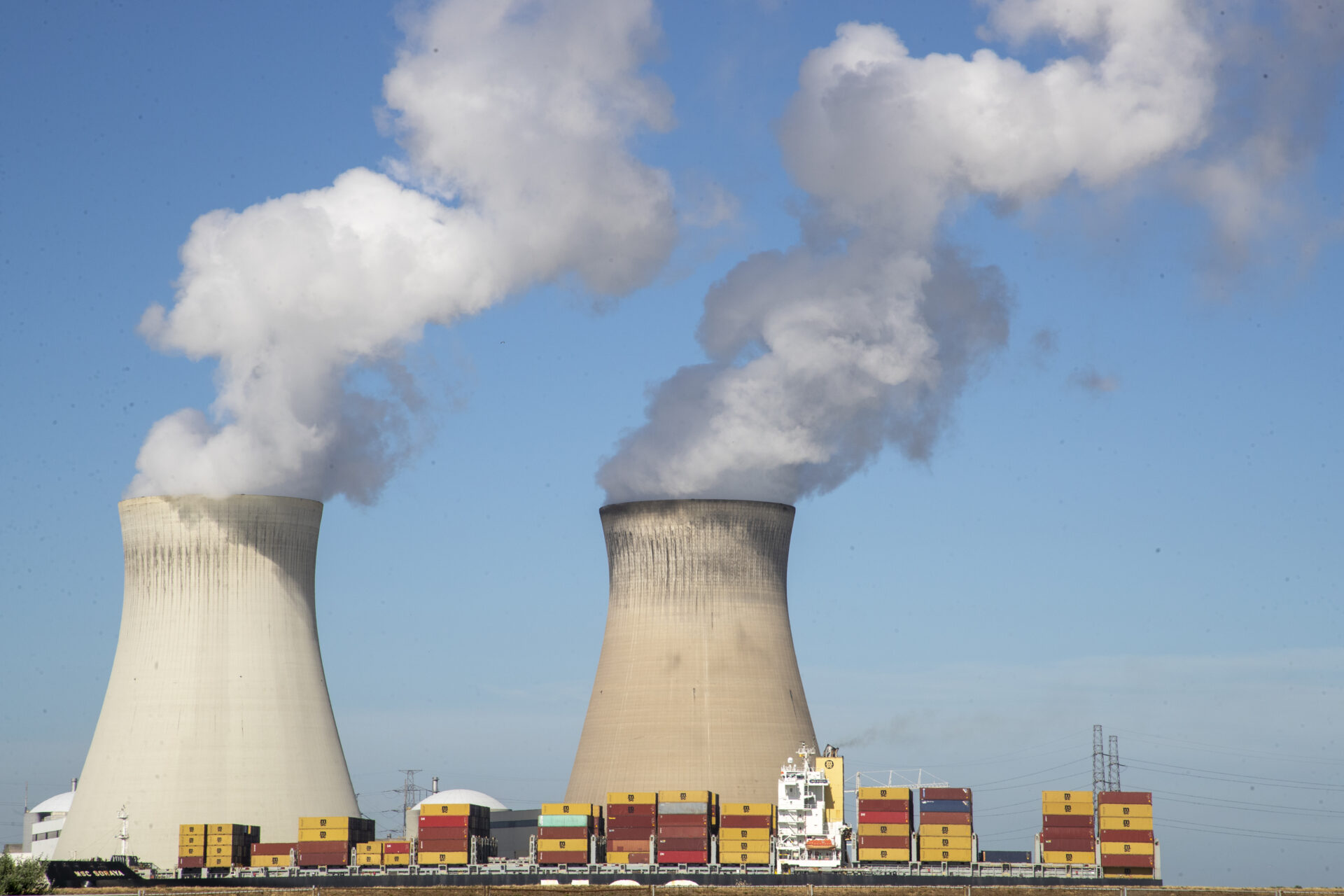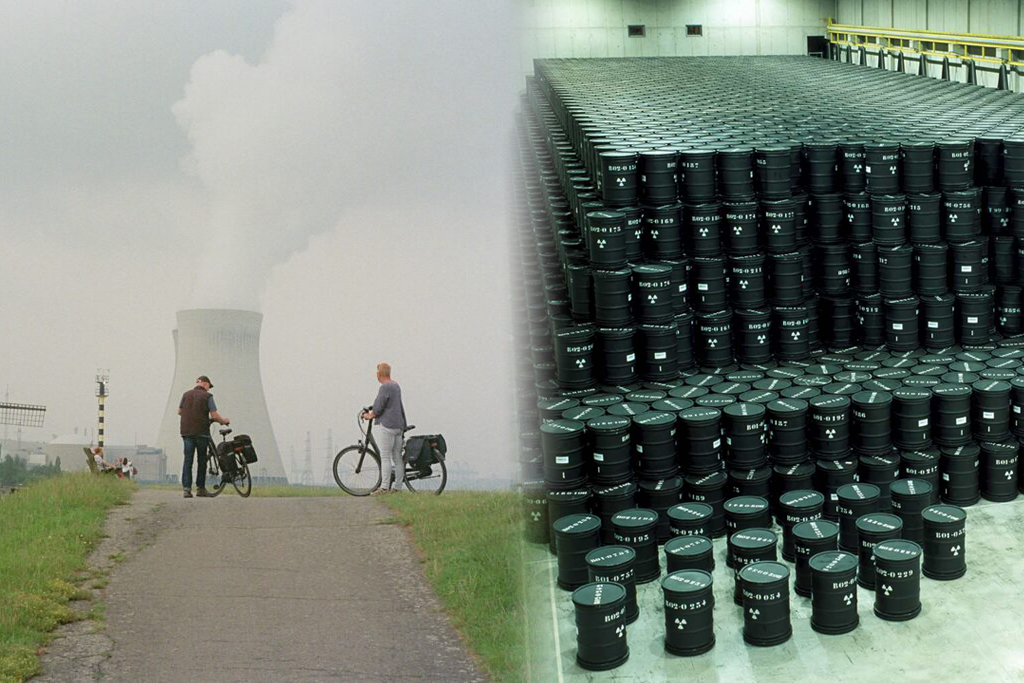In principle, the Federal Government made a decision in October about storing Belgium's highly radioactive waste underground. However, many questions about this process remain.
As was announced in April 2022, citizens can also give their input on the disposal of radioactive waste. On Wednesday, the year-long public hearing was launched by the King Baudouin Foundation, giving public the chance to have their say.
"No topic is too complex to involve the people," said Gerrit Rauws, director of the Foundation. "We want to appeal to as diverse a group of citizens as possible, including low-skilled and young people. It's a social issue and that's how we should treat it."
Very concerned with little knowledge
Radioactive waste is produced by Belgium's nuclear power plants (which account for more than half of all the waste), but also in research institutes, hospitals and industry. As it is harmful to people's health and the environment, the waste needs to be managed properly.
Energy Minister Tinne Van der Straeten last year cautioned that managing the waste will have consequences for hundreds of future generations, as it will remain radioactive for hundreds of thousands of years.

Doel nuclear power plant. Nuclear power plants account for more than half of all the waste. Credit: Belga/ Nicolas Maeterlinck
Ahead of the debate's launch, a joint study was carried out by ULB, UGent and KU Leuven looking into the general knowledge and concerns on the topic. It found that Belgians do worry about the management of radioactive waste and ranked their concerns 7.2 on a scale of one to ten. Most respondents cited concerns about health risks and climate damage.
The survey also found that a lack of knowledge prevented almost half of those surveyed from engaging in the debate, as they don't feel competent enough. However, it also highlighted the "radical" strength of opinion with which young people talk about nuclear waste.
Five key questions
Questions remain undecided as to how Belgium will store its nuclear waste; it will likely take several decades before the first disposal is excavated and about a century before the last of the waste disappears underground.
The public debate, overseen by the national institute for radioactive waste management (ONDRAF/NIRAS), will put together representative panels to include ordinary citizens, as well as civil society, industry, academics, experts and nuclear waste producers.
"Via workshops, round-table discussions and online participation, the public will help answer five questions: When will the final decisions be made? How do we choose the construction site? Who decides? Who pays for what? Is cooperation needed at the international level?," the Foundation explained in a statement.
Related News
- Belgians are in favour of nuclear energy, survey shows
- 'The cleanest-ever electricity': Global electricity from wind and solar at all-time high
The project's website will provide information on the different categories of waste, what the policies are on the Belgian EU and global level, and who this issue concerns.
At the moment, most of Belgium’s nuclear waste is stored at Belgoprocess, a subsidiary of ONDRAF/NIRAS. Van der Straeten has previously stated that burying Belgium's nuclear waste will be the "longest, most expensive and most delicate project" the country has faced.

